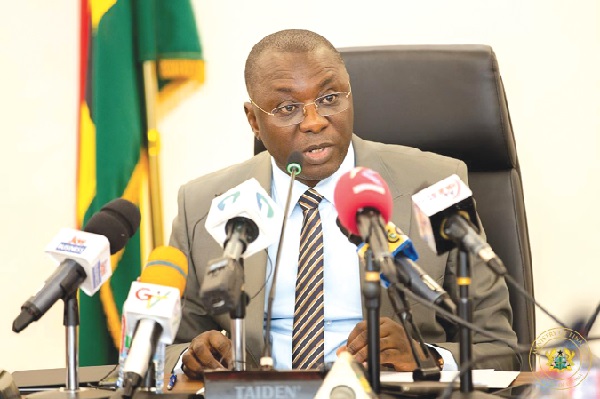
Ghana's funding conundrum: Navigating the IMF's Extended Credit Facility
Ghana's recent struggles to raise funds on the domestic market have raised concerns about the country's economic stability, particularly amidst its 3-year extended credit facility with the International Monetary Fund (IMF).
The $3 billion bailout package, secured in December 2022, aimed to address Ghana's economic woes, including high inflation, a depreciated currency and a significant budget deficit.
However, the IMF's conditions for the bailout have implications for Ghana's funding landscape. The domestic debt restructuring programme, a key condition, has likely affected investor confidence in government securities, including treasury bills.
This, coupled with the government's over-targeting and stagnant interest rates, has contributed to the undersubscription of treasury bills in recent times as interests begin to decline.
The IMF's extended credit facility also imposes fiscal discipline on Ghana, requiring the government to reduce its budget deficit and implement structural reforms.
While these measures aim to ensure macroeconomic stability, they may limit the government's ability to finance its development agenda.
To navigate these challenges, the government must adopt a more pragmatic approach.
First, it must reassess its funding targets, ensuring they align with market realities.
Second, it must consider adjusting interest rates to make treasury bills more attractive to investors.
Third, the government must prioritise transparency and communication, providing clarity on its funding plans and strategies to manage the economy.
Furthermore, the government must explore alternative funding options, including private-sector partnerships and concessional financing.
Diversifying funding sources can reduce reliance on the treasury bill market and mitigate the risk of undersubscription.
In conclusion, Ghana's funding challenges are intricately linked to its IMF extended credit facility.
By adopting pragmatic solutions and navigating the implications of the bailout package, the government can restore investor confidence, ensure liquidity and drive economic growth.
The success of this endeavour will be crucial in achieving Ghana's development goals and ensuring a sustainable economic future.